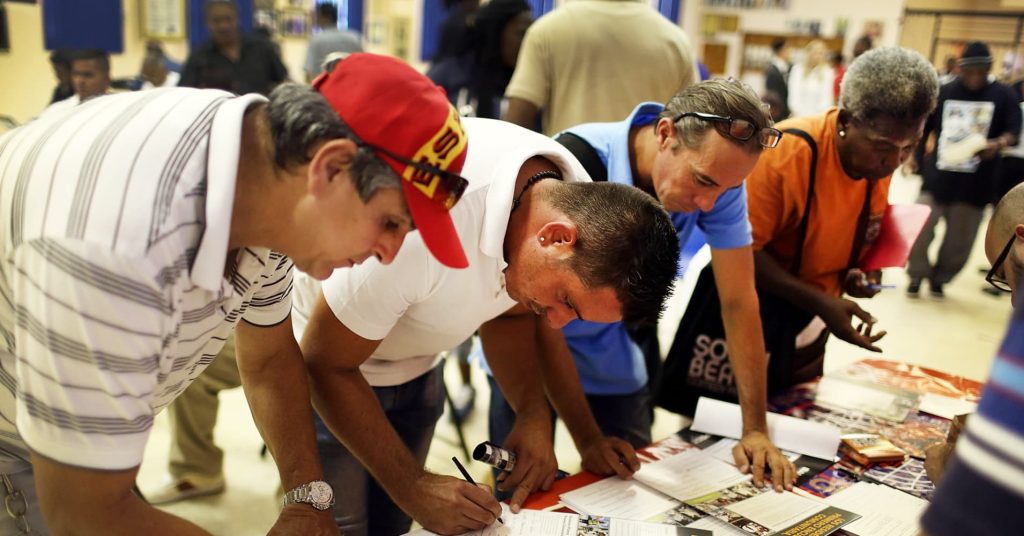Aon is integrating research findings from Columbia University and other academic institutions into its tropical cyclone, wildfire, and windstorm models, enhancing its ability to evaluate future financial losses more effectively.
Aon’s Impact Forecasting team will revamp its catastrophe modeling suite by directly incorporating climate projections, instead of adapting to existing loss scenarios.
Aon stated that these models will provide forward-looking hazard data for various climate scenarios, assisting insurers in making informed business decisions and supporting climate advisory frameworks.
Aon highlights that through fourteen global academic collaborations, emerging climate research is being shared with the insurance industry. This collaboration aims to facilitate the industry’s transition to net-zero emissions and identify growth opportunities.
These collaborations can prove advantageous for corporations facing climate risk exposures, especially in addressing the growing regulatory requirements related to Environmental, Social, and Governance (ESG) factors.
Aon stated that they are actively supporting clients in fulfilling their ESG mandates by developing impactful and well-informed strategies for internal and external stakeholder communications. This includes providing comprehensive responses to regulatory disclosure requirements.
According to researchers at Columbia University, under certain scenarios, US hurricane losses could rise by at least 10% within a 20-year timeframe due to changes in climate activity. The researchers examined different methods of quantifying atmospheric moisture and evaluated the effects of different levels of future greenhouse gases and aerosols.
Aon is integrating peril-specific academic insights into its models, such as a collaboration with the University of California to assess the impact of heightened fire risk on the burned area and associated insured losses in wildfire events across various regions in the United States.
The Karlsruhe Institute of Technology (KIT) discovered that the occurrence of extreme hydrological events is heavily influenced by the size of the catchment area and the physical characteristics of the terrain.
Liz Henderson, the Leader of Aon’s Climate Risk Advisory team, stated that by partnering with academic institutions, Aon is improving its comprehension of climate science. This understanding is then utilized to assist clients and the broader industry in effectively managing climate change, building resilience, capitalizing on emerging opportunities, and making informed risk decisions.
Aon, a leading global professional services firm, is actively incorporating academic data into its catastrophe modeling efforts. Recognizing the importance of accurate and comprehensive risk assessment, Aon’s approach involves leveraging research and insights from academic institutions to enhance its catastrophe models.
By integrating academic data, including climate projections and other relevant research, Aon aims to provide more accurate and forward-looking assessments of potential financial losses stemming from natural disasters such as tropical cyclones, wildfires, and windstorms.
This collaboration between Aon and academic institutions contributes to a more informed understanding of risk, helping insurers and other stakeholders make better-informed business decisions. Aon’s commitment to incorporating academic data underscores its dedication to improving risk assessment and supporting clients in navigating the evolving landscape of climate-related challenges.
Source : insurancenews.com.au







